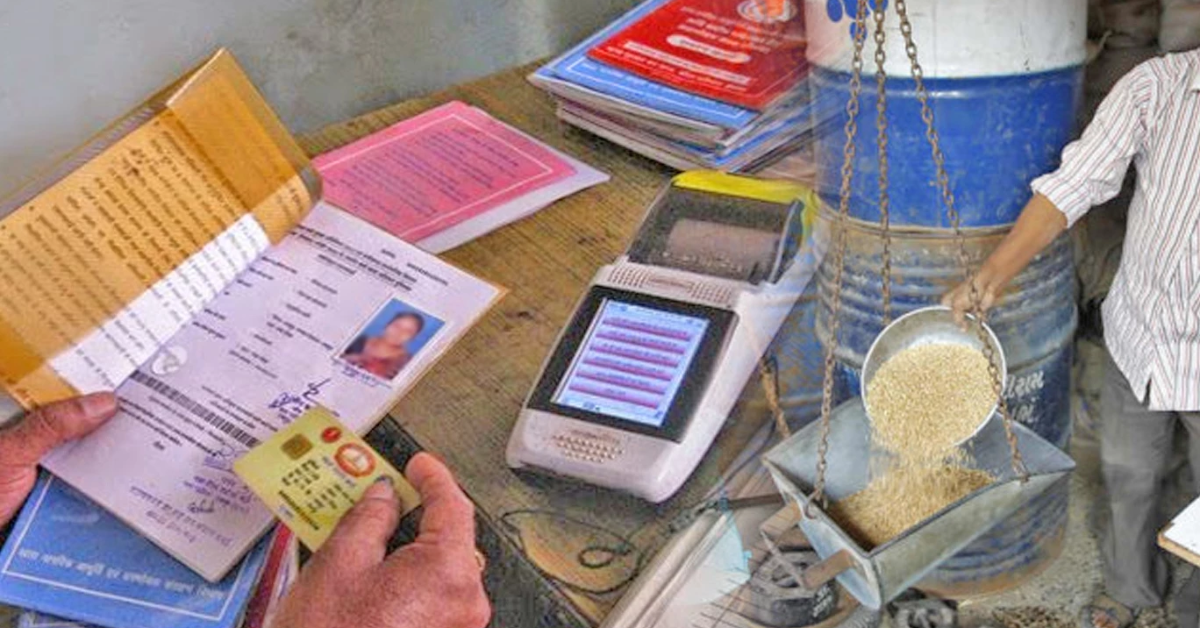Gold smuggling in India has seen a significant rise following recent increases in customs duties. According to the latest customs data, smuggling activities have surged by nearly 30%, highlighting the challenges authorities face in curbing illegal imports. With higher taxes making legal gold imports more expensive, smugglers have found new ways to sneak gold into the country.
This growing problem is worrying both government officials and legitimate gold traders. Major airports like Mumbai and Kochi have reported record seizures in recent months, revealing smarter concealment tactics. Trade bodies are now urging the government to reconsider the high duties to lower smuggling and protect the industry.
Sharp Rise in Gold Smuggling Post-Duty Hike
When customs duties on gold were increased, the immediate aim was to boost government revenues and control imports. However, this move has also made gold smuggling far more attractive to criminals. Customs data indicates a 30% jump in illegal gold inflow since the hike, showing that smugglers are quick to adapt to changing policies.
The spike in smuggling emphasizes the need for effective enforcement, but also reveals that simply raising duties isn’t enough. Authorities now have to focus on smarter surveillance and busting new smuggling networks that have grown stronger after the duty increase.
Seizure Figures from Mumbai and Kochi Airports
Mumbai’s Chhatrapati Shivaji Maharaj International Airport has become a hotspot for gold smuggling seizures. This year alone, customs officials have intercepted over 120 kilograms of illegally imported gold at Mumbai airport, making it one of the highest in recent times. Many of these seizures involved gold hidden inside electronic items, clothing, and even body cavities.
Similarly, Kochi International Airport has also seen a surge in gold catches. In the last six months, customs officials at Kochi seized nearly 50 kilograms of smuggled gold. The rising numbers point to well-organised smuggling rings operating through major airports, exploiting loopholes and using innovative hiding methods to escape detection.
New Concealment Tactics Used by Smugglers
Smugglers are becoming increasingly creative to avoid customs checks. Some recent tactics include hiding gold inside spare parts of laptops, mobile phones, and other gadgets. Others use false compartments in luggage or wrap small quantities in layers of plastic and tape to evade scanners.
Body packing is also on the rise, where gold is swallowed or taped to the person’s body to bypass physical checks. Customs officers have reported several cases where passengers were caught with gold concealed in belts, shoes, or inside injected capsules. These methods highlight the lengths smugglers go to smuggle gold despite increased restrictions.
Trade Bodies Call for Slashing Duties to Curb Illicit Flow
Industry representatives and trade bodies have been vocal about the need to reduce the high customs duties on gold. They argue that excessive taxes encourage smuggling by making legal imports costly and unattractive. Lower duties would not only decrease smuggling but also increase government revenue through legal channels.
The All India Gems and Jewellery Trade Federation (GJF) and other organisations have submitted recommendations to the government for a duty cut. They believe that a balanced duty regime will help regulate imports, support the domestic gold market, and reduce the illegal gold trade.
Government Response and Future Steps
The government acknowledges the problem and has said that it is working closely with customs to improve monitoring at ports and airports. Strengthening intelligence sharing, using better scanning technologies, and increasing manpower are some measures being taken to tackle smuggling.
Besides enforcement, policymakers are reviewing the impact of the duty hike. Some officials suggest that lowering the customs duty on gold could be a reasonable step to reduce illegal imports and encourage consumers to purchase gold legally. However, no official decision has been announced yet, leaving traders and consumers eager for clarity.
What This Means for Young Consumers
For young Indians who see gold as a safe investment or part of cultural traditions, the rise in smuggling makes it even more important to buy from trusted sellers. Illegally imported gold may be cheaper but often lacks quality assurance and can result in legal troubles.
Understanding these developments helps younger buyers make informed decisions and support the legal gold market. It also sheds light on the challenges faced by authorities in balancing revenue generation with controlling illegal trade.
Conclusion
Gold smuggling in India is on the rise after the customs duty hike, with a 30% increase showing the unintended consequences of higher taxes. The situation is especially noticeable at major airports like Mumbai and Kochi, where customs authorities have seized large amounts of smuggled gold using new concealment techniques.
Trade bodies urge the government to reduce duties to curb illegal imports, while law enforcement steps up efforts to catch smugglers. For young and all gold buyers, it’s crucial to rely on legal, genuine sources as the country navigates this complex issue.
















Leave a Reply